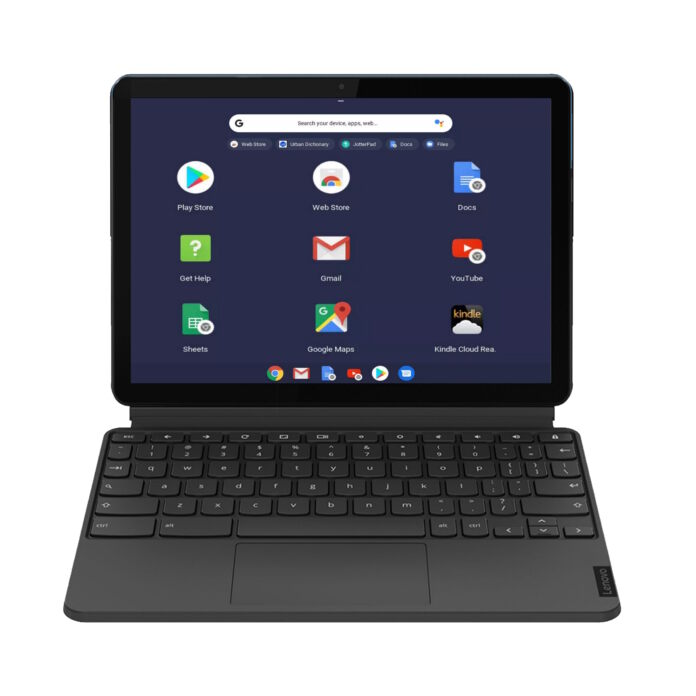Recent findings by Chrome Unboxed in the Chromium Gerrit, a platform dedicated to developers for reviewing Chromium project code alterations, indicate Google's active exploration of Ultra-Wideband (UWB) technology, a wireless communication protocol. The tech giant is delving into diverse UWB applications, including direct Chromebook-to-Chromebook and Chromebook-to-phone connections, and even versions that cater to multiple users.
UWB is a radio technology that uses a very low energy level for short-range, high-bandwidth communications over a large portion of the radio spectrum. UWB can transmit information by generating radio energy at specific time intervals and occupying a large bandwidth, enabling pulse-position or time modulation.
Robby Payne, a contributor to Chrome Unboxed, noted, “It might be some time before we witness the first device equipped with UWB, but the initiation is certainly exhilarating”. He further speculated on the potential of UWB in establishing connections with various peripherals, including phones, watches, and possibly earbuds.
UWB is on Google's radar for potential integration into future Chromebooks. Unlike Bluetooth and Wi-Fi, UWB operates at a much higher frequency, allowing for greater accuracy and precision. UWB can be likened to a radar that can scan an entire room and precisely lock onto an object, making it suitable for applications like precise location tracking, secure wireless payments, and real-time object identification.
Potential Applications and Future Prospects
The integration of UWB in Chromebooks could pave the way for innovative connection possibilities. For instance, a shared drive in a room might be accessed by multiple users without cables, thanks to UWB. Additionally, applications like mirroring an app could be achieved with no lag. Payne expressed his enthusiasm for the technology, stating, “For every scenario I could dream up, I'm sure there are 10 others that we'll eventually see with UWB.” He believes that as UWB evolves, Chrome OS will play a significant role in the tech landscape's transformation in the coming years.
Wider Adoption of UWB Beyond
Chromebooks, other devices are also eyeing UWB integration. Notably, there are rumors about the Pixel Watch 2 being equipped with a UWB module. The technology's potential to replace existing protocols like Bluetooth, NFC, and RFID, coupled with its high data transfer speeds and precise positioning capabilities, makes it a promising candidate for a wide range of devices.
The exploration of UWB technology by Google signifies a step towards revolutionizing device interactions. As the tech world awaits the debut of the first Chromebook with UWB, the possibilities seem endless, from seamless connections to enhanced user experiences.






